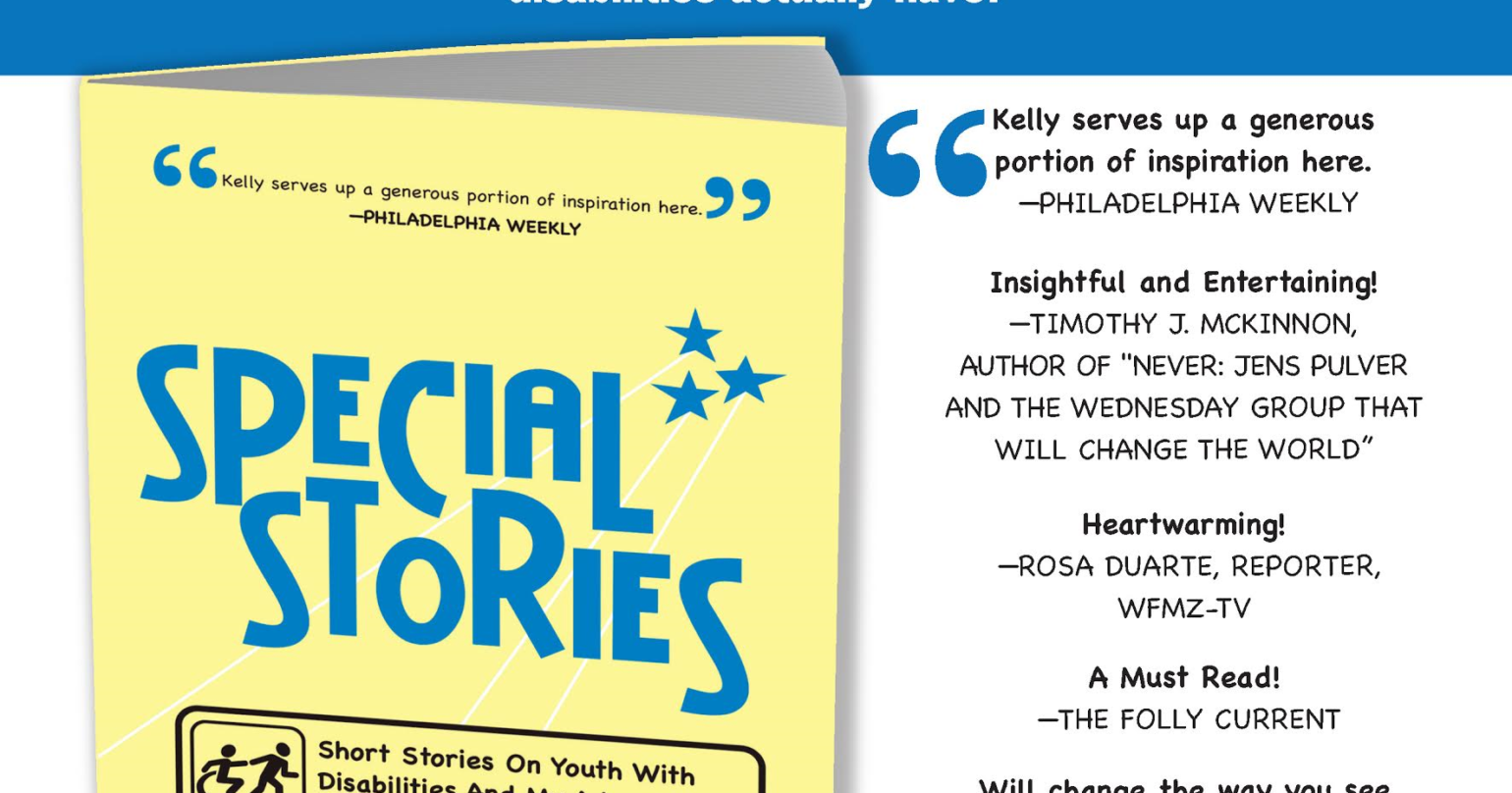Book about disability empowerment- Teen with Cerebral Palsy in nontraditional job
Book about disability empowerment- Teen with Cerebral Palsy in nontraditional job
Tall and slender with a wide smile, brown hair, and pale blue eyes, Connor is a movie-star-handsome seventeen-year-old that high school girls his age would typically want to date.
Because Connor has Cerebral Palsy, cannot walk, and uses a motorized wheelchair to get around, teenage girls are not flocking to his side hoping to be his girlfriend.
Fatherless since birth, raised entirely by his mother and sister, and taught almost exclusively by female teachers since he entered the school system, Connor has limited interaction with the male gender.
I never became a father nor had an opportunity to be an older brother, but the day I was assigned as Connor’s transition counselor, I realized that in some small way I became both.
An inquisitive young man, Connor has a studious and inquiring mind and an unshakeable sense of right and wrong that has been drilled into him during a strict upbringing. He often asks me questions that a son would ask his father or a kid brother would ask his older brother. I always answer Connor and encourage him to ask me anything, anytime.
One day before Christmas, he did.
While I was job coaching Connor at the paid food delivery job* I helped him secure at a restaurant within a large mall, Connor stopped his power wheelchair. He craned his neck to look up at me.
“Can I ask you a question?” he began.
“Of course, Connor. Anything,” I replied.
“Would you recognize me in heaven?”
“Not sure I would,” I quickly responded.
“Why not?” he shot back.
“Because in heaven you’ll be out of that wheelchair and standing eye-to-eye with me,” I said. “I see how tall you are with those long legs and that long torso of yours.”
Connor’s eyes instantly doubled in size. “You mean I won’t be in a wheelchair in heaven?”
“No, you won’t, Connor,” I replied. “You’ll be standing tall and running around catching footballs I throw to you and baseballs I hit to you, with tons of girls cheering you on.”
Connor lowered his head and grew quiet. He let the incomprehensible thought set in, conjuring up images of what he might be doing. A few moments later he slowly lifted his gaze to meet mine. With tears welled up in his eyes and in a broken voice he said, “I can’t wait to go to heaven, Mike.”
Feeling my throat suddenly constrict, I bent down, slid my arm around his shoulder, and told him that he has a lonnnnnng time before he gets there.
*With the cooperation of the restaurant owners, I secured a paying job for Connor where he would travel throughout the two-story mall and solicit food orders from various workers within the many stores inside it. He was paid the minimum wage of $7.25 an hour plus tips. Once Connor took orders, he would then hand them in at the restaurant, wait until filled, then deliver each order to his customers throughout the spacious mall via a specially-equipped tray affixed to his power wheelchair. During the holidays, Connor averaged earning over $20 an hour. Not too shabby for a kid who was told by others that he’d never work due to his disability.
While much of society places too much emphasis on what someone “can’t do” because of their so-called disability, outside-the-box-thinking focused on what Connor can do.
For more information on SPECIAL STORIES: Short stories on youth with disabilities and my adventures working in the disabilities field, visit www.specialstoriesbook.com.

